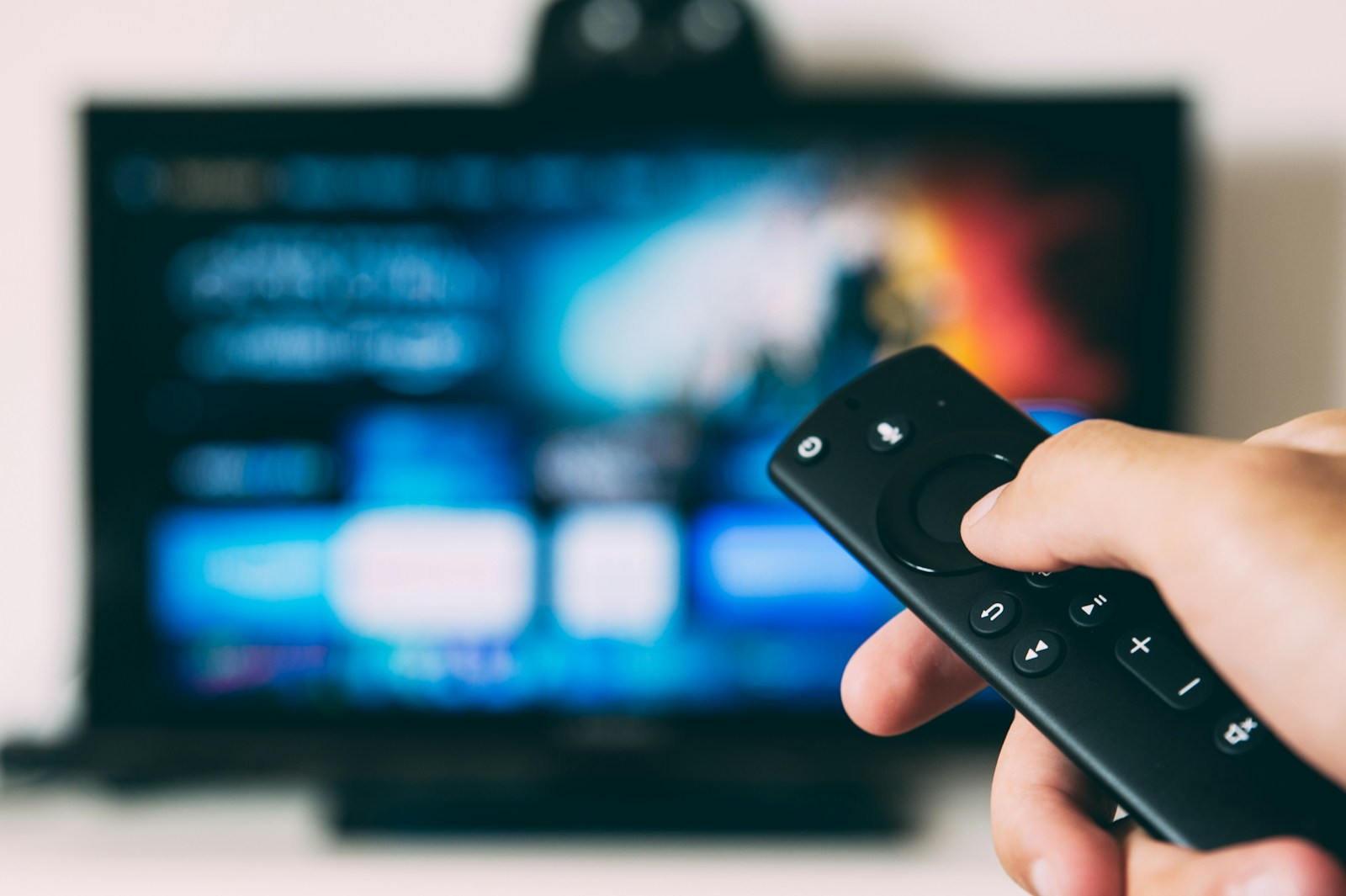[co-author: Samiksha Johri LLM]*
With countless parties offering streaming based services, the boundaries

Glenn Carstens-Peters, Unsplash
between legal and illegal content distribution have become increasingly blurred. One case that brought this issue into focus is United States v. Dallmann et al. 2:22-cr-00030 (D. Nev.), better known as the “Jetflicks” case. This case is the largest internet piracy prosecution to-date to go to trial in the United States.
What Was Jetflicks?
Jetflicks was a subscription-based streaming service that operated like a legitimate platform but sourced its content from pirate websites. At its peak, Jetflicks hosted over 183,000 television episodes, often uploading them within 24 hours of their original broadcast. The service was accessible across smartphones, smart TVs, and gaming consoles, mimicking the user experience of mainstream platforms.
But behind the scenes, Jetflicks was powered by automated scripts and software that scraped pirated content from the Internet and redistributed it to its tens of thousands of paying subscribers. This level of operational sophistication—and the scale of the infringement—caught the attention of federal prosecutors.
According to Matthew Galeotti, acting Assistant Attorney General for the U.S. Department of Justice’s (“DOJ”) Criminal Division, Jetflicks “made available more television episodes than any licensed streaming service on the market.”
The Charges and Convictions
In 2019, the DOJ charged eight individuals connected to Jetflicks with criminal copyright infringement under 17 U.S.C. § 506 and 18 U.S.C. § 2319. The case was prosecuted in the U.S. District Court for the District of Nevada.
Galeotti alleged that the “scheme generated millions of dollars in criminal profits and hurt thousands of U.S. companies and individuals who owned the copyrights to [television] shows but never received a penny in compensation from Jetflicks.”
Jetflicks’ lead operator received a seven-year federal prison sentence, while others received varying terms ranging from time served to 18 months in prison. The DOJ emphasized that digital piracy is not a victimless crime.
Why This Case Matters
Jetflicks is a landmark copyright case for several reasons. It was the first illegal streaming service prosecution to go to trial in the United States. Jetflicks marked a pivot toward targeting digital platforms and automated content scraping operations. Historically, criminal copyright cases focused on physical goods like CDs and DVDs. Ultimately, the case sends a clear message to operators of unauthorized streaming services—digital distribution is subject to the same criminal penalties as physical piracy.
The case shows that the DOJ is willing to intervene when civil remedies aren’t enough. Criminal enforcement can be a powerful deterrent in cases of large-scale infringement. Even platforms that resemble legitimate businesses can face criminal liability if they knowingly distribute pirated content. The case highlights the need for a rare mix of expertise in both intellectual property law and federal criminal procedure. Accordingly, attorneys advising tech and media clients must prepare for the dual risks of civil and criminal liability.
Ordinarily, copyright disputes in the United States are handled through civil litigation, where the copyright owner brings a lawsuit seeking damages or injunctions. These cases focus on compensating the rights holder and stopping the infringing activity, not criminally punishing the infringer. Criminal enforcement of copyright law, by contrast, is rare and generally reserved for cases of large-scale, willful, and commercially motivated piracy that cause significant harm. The DOJ’s decision to pursue Jetflicks with criminal charges, rather than leaving enforcement to private lawsuits, underscores just how unusual this case is. That choice highlights why Jetflicks represents a turning point: it shows that the government is willing to escalate copyright enforcement when civil remedies are viewed as insufficient.
The Jetflicks case is more than just a cautionary tale, it’s a turning point in how the U.S. government enforces copyright law in the digital age. As streaming continues to evolve, so too will the legal frameworks that protect creative content. For now, Jetflicks stands as a stark reminder that criminal copyright enforcement is real, and the consequences are severe.
*Associate at Graves Law Group, LLC